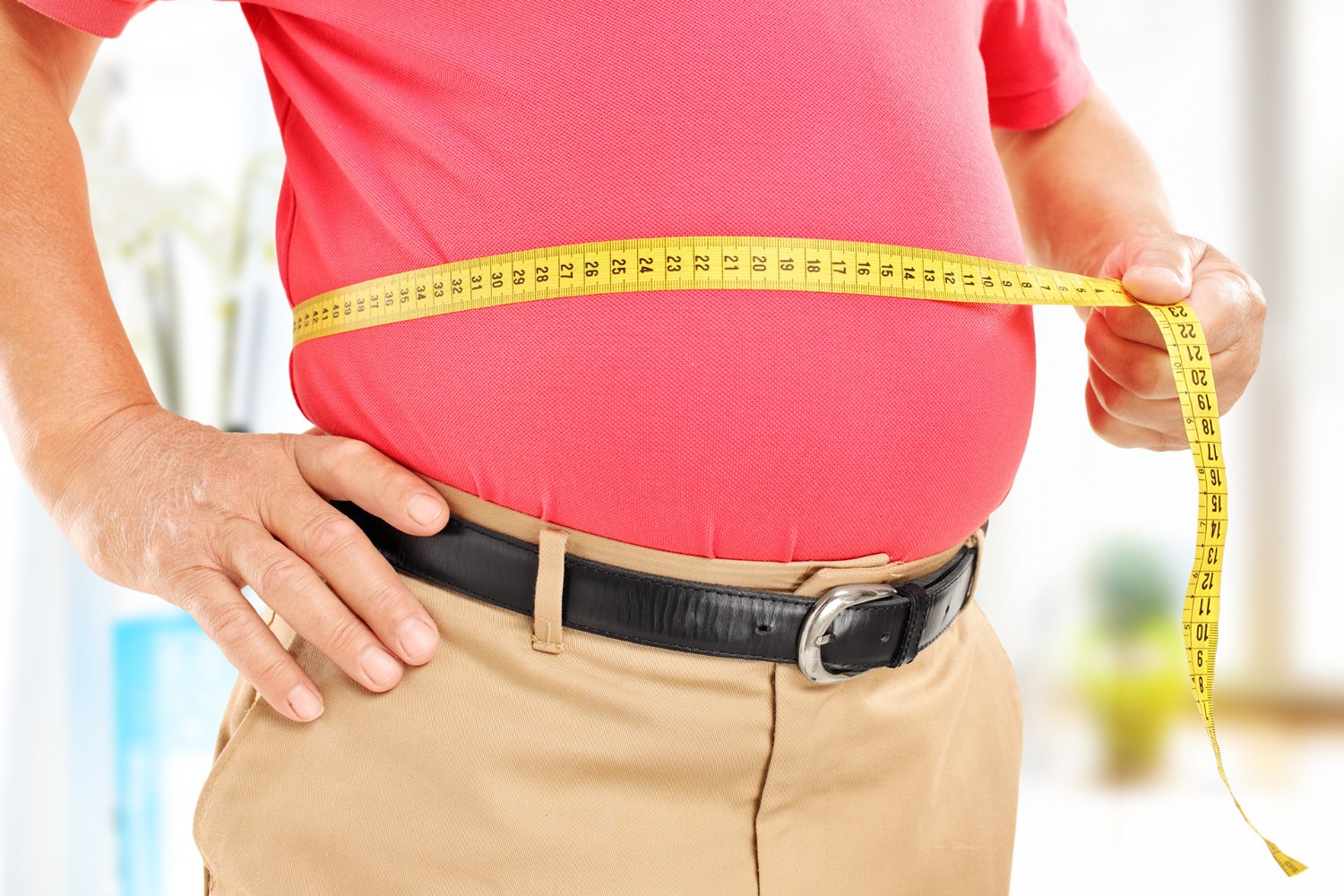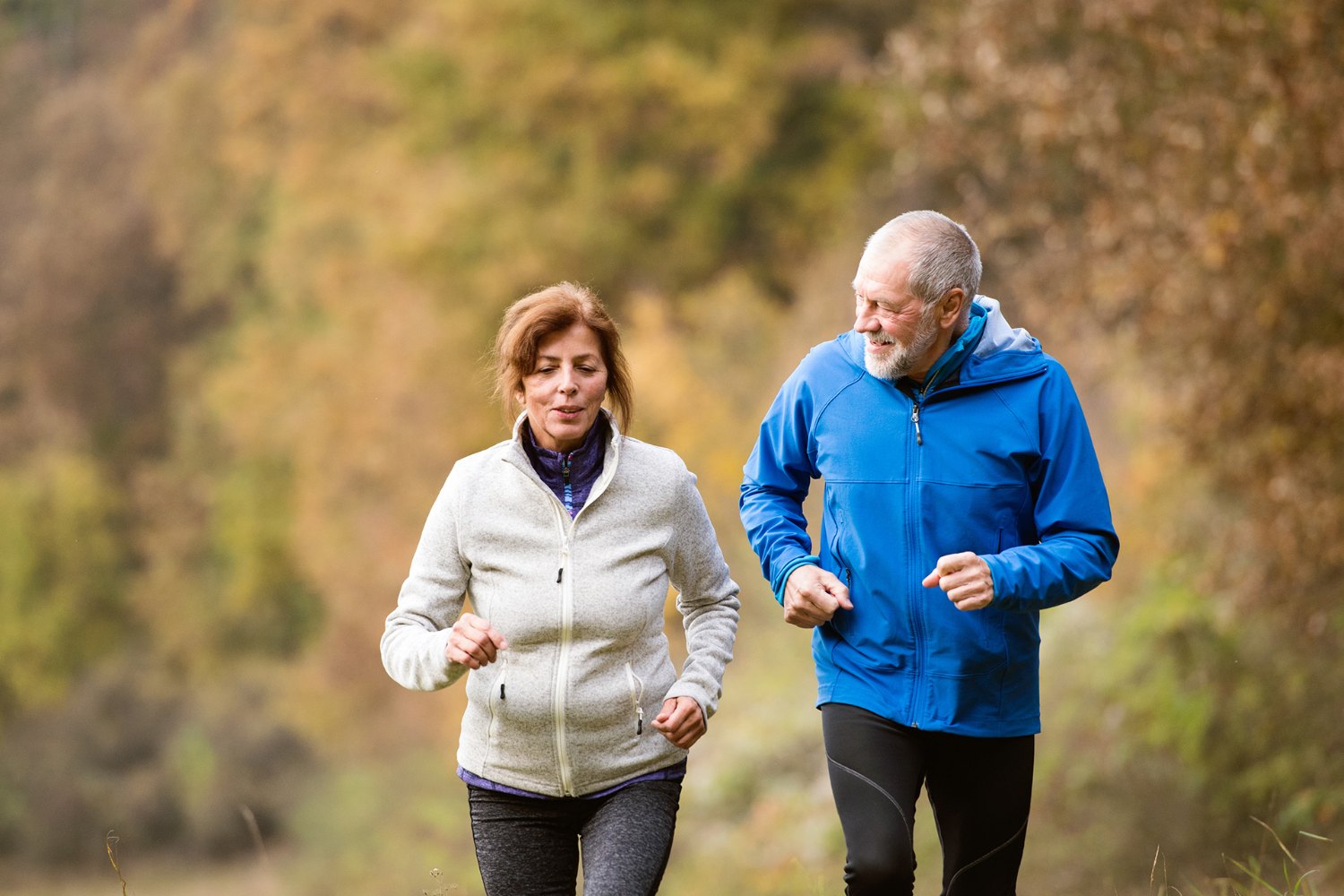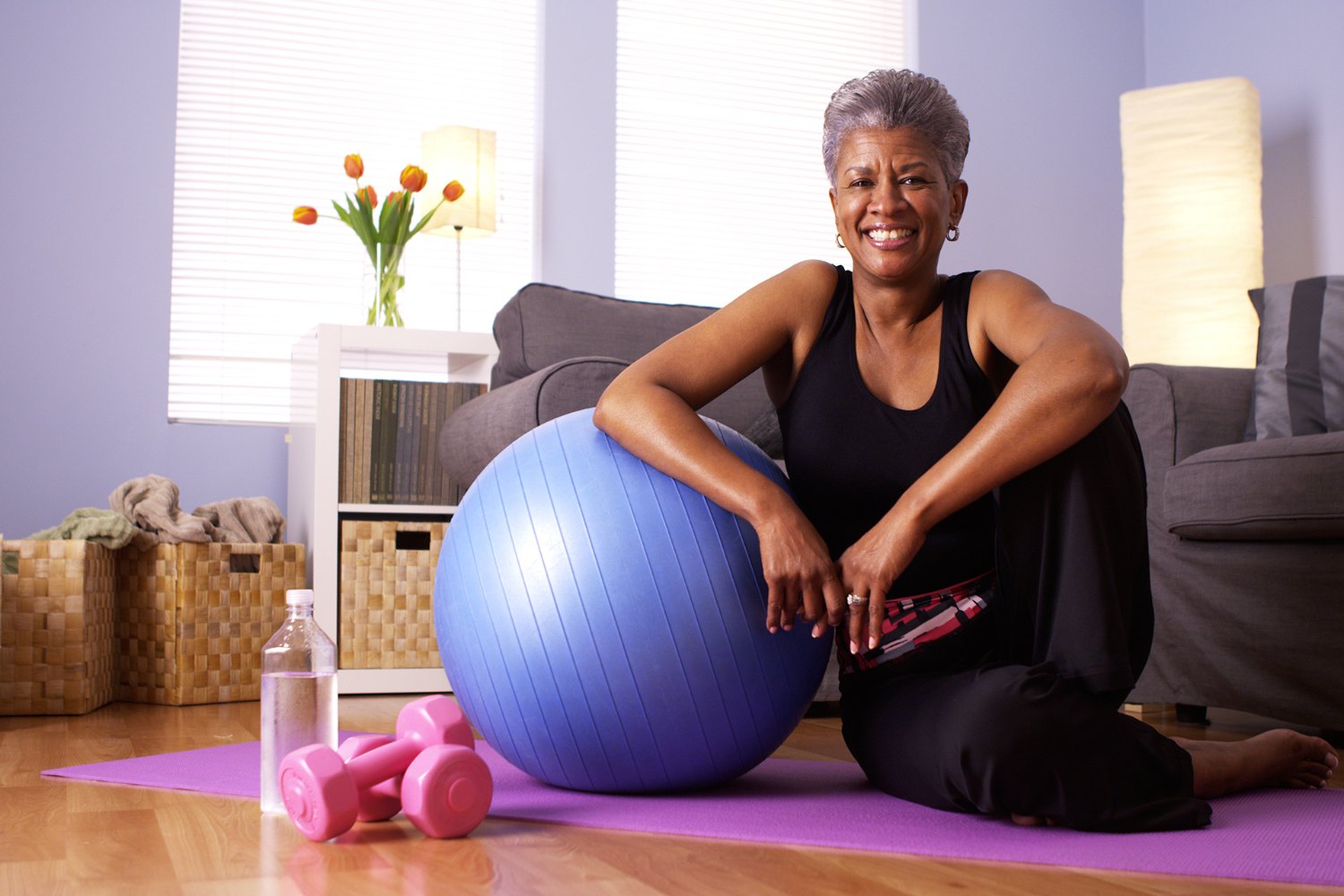
Being overweight can lead to a wide array of health implications such as coronary heart disease and Type 2 diabetes whilst also affecting your quality of life and can lead to psychological problems such as low self-esteem and depression. Obesity can also affect your life expectancy. A study carried out by the University of Oxford found that moderate obesity, which is now common, reduces life expectancy by about 3 years, and that severe obesity, which is still uncommon, can shorten a person’s life by 10 years. This 10 year loss is equal to the effects of lifelong smoking. Epidemiologist Dr Gary Whitlock of Oxford University, who led the analysis, said of the findings: ‘‘Excess weight shortens human lifespan. In countries like Britain and America, weighing a third more than the optimum shortens lifespan by about 3 years. For most people, a third more than the optimum means carrying 20 to 30 kilograms [50 to 60 pounds, or 4 stone] of excess weight. If you are becoming overweight or obese, avoiding further weight gain could well add years to your life.’’
A third of the population reported gaining half a stone or more since the start of lockdown, according to a recent survey commissioned by Slimfast. 63 per cent of women said they had put on weight compared with 57 per cent of men, with nearly one woman in ten saying they are at least a stone heavier.
But this isn’t the end of the world! There’s plenty you can do starting now to help you get back to feeling like your pre-pandemic self.
1.Boost your metabolism!
Your metabolism is probably feeling a little worse for wear due to the major change in your lifestyle, which is to be expected. Lack of sleep and your diet can affect the way your body burns calories throughout the day, but some simple day-to-day changes can help you boost it back up and get it working as it should. Try throwing some protein rich meals into your dinner plans such as stuffed chicken breast or a zucchini lasagne! Find more meal ideas.
Up your water intake too, a small change can make a huge difference! Drinking water has been linked to weight loss for years. Drinking more water can help you burn more calories and help reduce your appetite before meals. In one study, middle-aged overweight and obese participants who drank water before each meal lost 44% more weight, compared to a group that did not drink more water. Staying hydrated also has a whole range of other health benefits such as:
• keeping your body cool which is especially important through warmer months
• promoting cardiovascular health
• helping your muscles and joints work better by providing adequate nutrients and removing waste efficiently
2.Reset your sleep levels
If you’ve fallen out of your usual 9-5 routine, your sleep patterns could be suffering. Lack of sleep is commonly linked to weight gain. You lose energy which means you might lack the enthusiasm to make yourself something good for dinner and go for the easy (and usually worse) option. You also lose all motivation to get yourself moving around too.
Push yourself to get back into a good sleep routine. The best place to start is going to bed and waking up at the same time (even on the weekends). This can regulate your natural body clock and can help you fall and stay asleep for the night. Avoid sleeping in the day! Power napping may help you get through the day, but if you find that you can’t fall asleep at bedtime, eliminating even short catnaps may help. You can find more tips to help you regulate your sleep schedule here.

3.Let’s get moving!
Another key point is to get out and about! As well as switching up your eating habits, exercise can aid you in losing some of those unwanted pounds and there are plenty of ways you can be more active. Gentle walking is a low-impact form of exercise, but an incredibly helpful one. Doctors recommend at least 150 minutes of moderate exercise a week, and a half-hour walk a day is an easy way to reach this target, almost without noticing. You don’t even necessarily have to leave the house with the sole intention of ‘going for a walk’, as even a reasonably brisk stroll to the shops to buy a paper or to meet a friend can all count.
You could also try a light home work out, you can find some easy exercises here to set you up. Even moving around your home more often than you usually do will help. Try to get up to move at least once every hour to get yourself a drink or just walk up and down the stairs- all of this will keep you active and help you on your weight loss journey.

There’s much more to lifestyle adjustments than changing the number on the scales. Losing weight can also boost your self-esteem and confidence. It’s a perfect time to incorporate new healthy personal habits into your life as we all adapt to the ‘new normal’.
Losing the ‘COVID curves’ is important for all of us who have put on some weight since lockdown started. That’s especially so for people with diabetes. By losing weight you’ll have more energy, feel better in yourself, and you’ll reduce your risk of serious complications like heart disease and stroke. At Spirit Pharmacy we have a special interest in helping people with diabetes. As well as dispensing your NHS prescriptions, we offer free diabetes education that includes advice about healthy eating and changing your lifestyle to help you better manage your condition.
Leicester
Leicestershire
LE2 6UP
